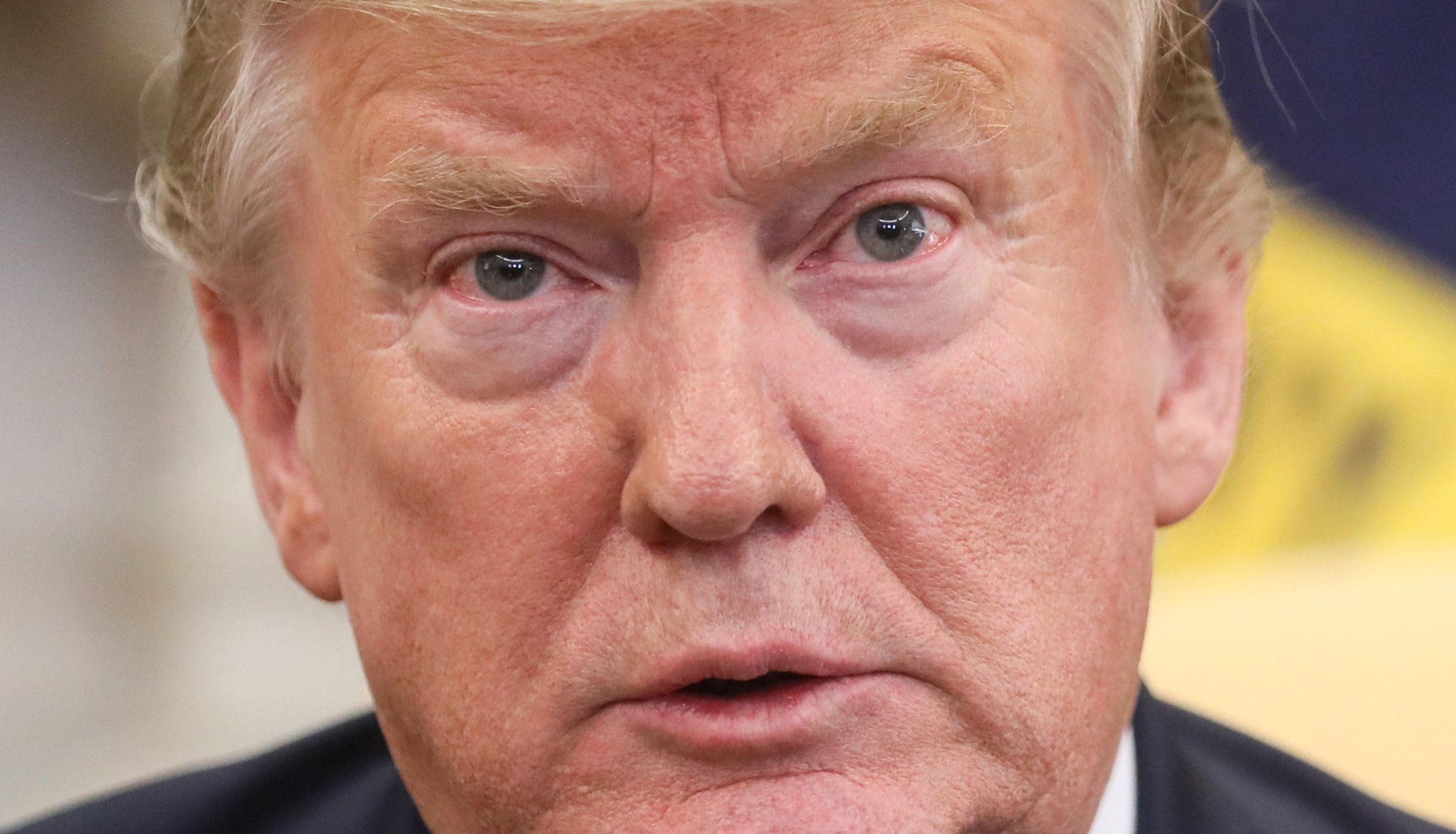This week, we saw evidence that three of President Trump's signature policy plans so far haven't worked.
North Korea: Just days after the abrupt breakdown of negotiations between Trump and North Korean leader Kim Jong-un in Vietnam, satellite evidence shows that North Korea has begun a "rapid rebuilding" of a long-range missile test site that had been partly destroyed last year. The work reportedly began after Kim left Hanoi and before he arrived back in Pyongyang.
Is this a bid by Kim to win concessions from Trump by replacing vague promises of denuclearization with specific threats? If so, it appears Kim has chosen a site designed to test the sorts of weapons that might reach the US mainland.
Border Security: Next, we learned this week that more than 76,000 migrants crossed the US southern border illegally in February, the highest monthly total since 2008. Unauthorized entries by migrant families have nearly doubled over the past year. If tougher asylum policies, increased prosecutions, and the separation of children from parents at the border were designed to slow the flow of families from Guatemala, Honduras, and El Salvador desperate to reach the United States, it isn't working.
The Trade Deficit: The Commerce Department announced this week that, despite Trump's pledge to win a fairer deal on trade for American workers by imposing, or threatening to impose, tariffs on foreign-made goods, the US posted its highest-ever merchandise trade deficit ($891.2 billion) for 2018.
The political silver lining(s): Trump is an agile-enough politician to make smart use of all these stories.
On North Korea, he can claim Kim's latest move justifies his decision to keep the pressure on Pyongyang by refusing easy concessions in Hanoi.
On border policy, he'll argue the recent rise in migrant crossings proves that his border wall is urgently needed. In coming days, the Republican-controlled Senate will join the Democratic-controlled House of Representatives in passing a resolution of disapproval of Trump's declaration of a "national emergency" to gain funding for the wall. Trump will veto the resolution, Congress will fail to override the veto, and courts will decide the issue.
On the trade deficit, Trump can claim his policies are a work in progress, and that a short-term rise in the trade deficit underlines the need to drive a hard bargain with China, and even some US allies. He can add that his tax cuts have left more money in the taxpayer's pocket, which allowed for more spending on foreign products.
Whatever he says, Trump's supporters and critics will both claim vindication, but the problems these policies are designed to address aren't going away.
